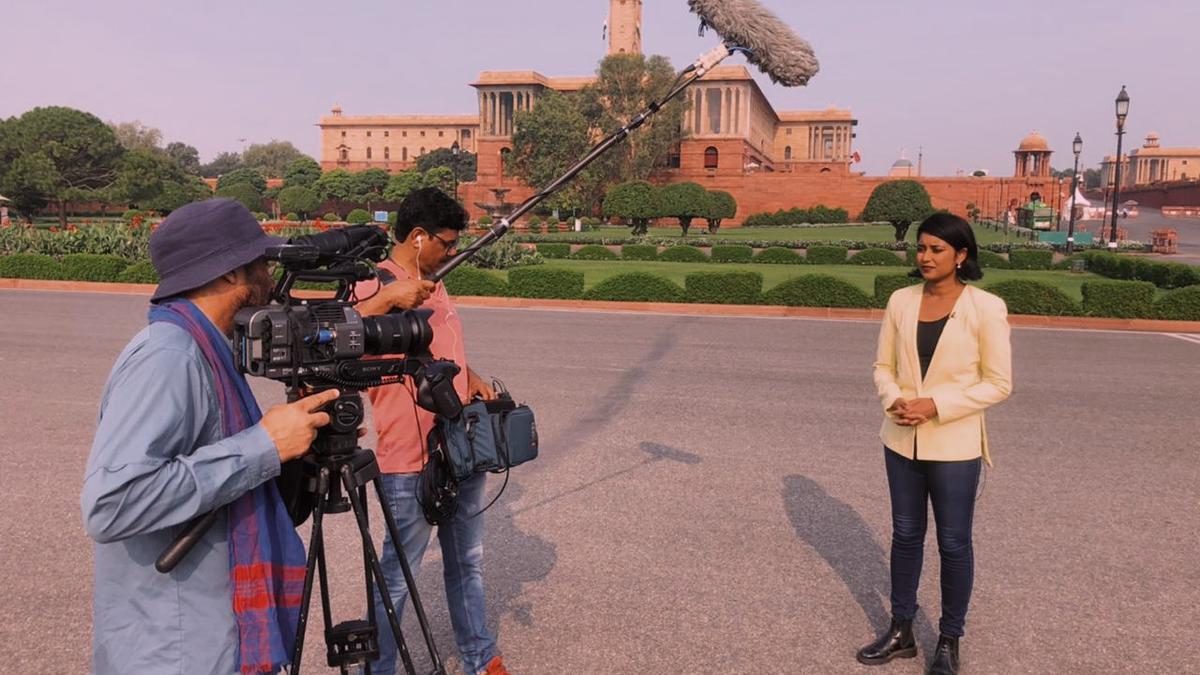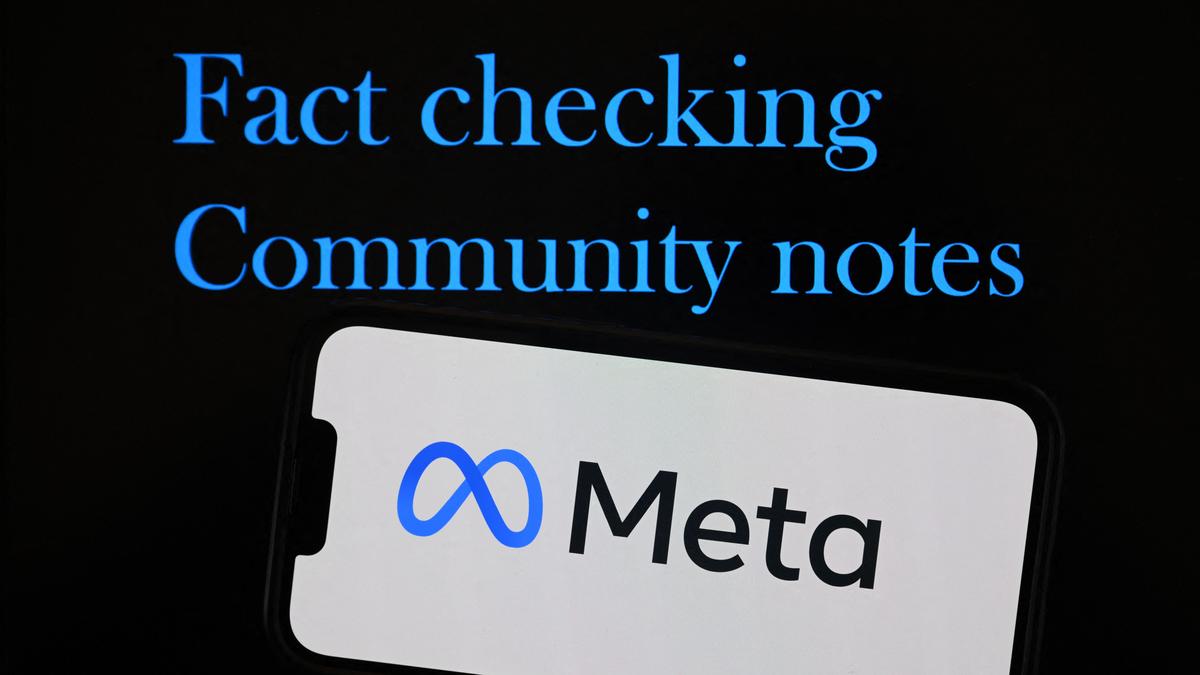Australian authorities on Thursday acknowledged that India had granted visa to Avani Dias, chief of bureau of the Australian Broadcasting Corporation (ABC), though she had “chosen” to leave India by that time. They expressed satisfaction at the handling of the case by the Ministry of External Affairs (MEA).
Ms. Dias claimed last week that she had to leave India “abruptly” as she was told that her “visa extension would be denied”.
“The Australian government has been working with the Indian government and the ABC and Australia appreciates the MEA’s assistance and cooperation. Australia is pleased that the Indian government granted a visa for the journalist though by that time she had chosen to leave India. ABC coverage of India, particularly during the election period is important to Australians and the Australian government,” a source from the Australian High Commission here said in response to a question from The Hindu.
The Australian version was corroborated by Indian sources, who said that Ms. Dias was told nearly two weeks before she left India that her visa application was being processed and that the document would be delivered to her. They said that Ms. Diaz did receive the visa though she decided to leave.
Ms. Dias had said that the Indian authorities were upset over her reporting on pro-Khalistan activists in Punjab and that she was told that her reporting had “crossed a line”.
It is understood that the Indian side was surprised at the accusations by Ms. Dias.
The Indian sources added that following the grant of visa, her requirements for covering the Indian election was also being looked into positively and that it could have been arranged despite previous disagreements over her coverage of Punjab.
Official sources had told The Hindu on Wednesday that Ms. Dias’s “contention that she was not allowed to cover elections and was compelled to leave the country was not correct, misleading and mischievous”.
Ms. Dias gained prominence after a report on the ABC on the Khalistan issue was watched globally. Subsequently, the programme, “Sikhs, Spies and Murder: Investigating India’s alleged hit on foreign soil”, was blocked by YouTube in India.
In an email to the ABC, YouTube said it had received an order from the Ministry of Information and Broadcasting over the reportage under the Information Technology Act, 2000.
A crew of the ABC had visited the Punjab family home of Hardeep Singh Nijjar, the pro-Khalistan activist who was slain by unknown assassins in Canada last year.
Canadian Prime Minister Justin Trudeau has alleged that Nijjar was killed by Indian agents.




